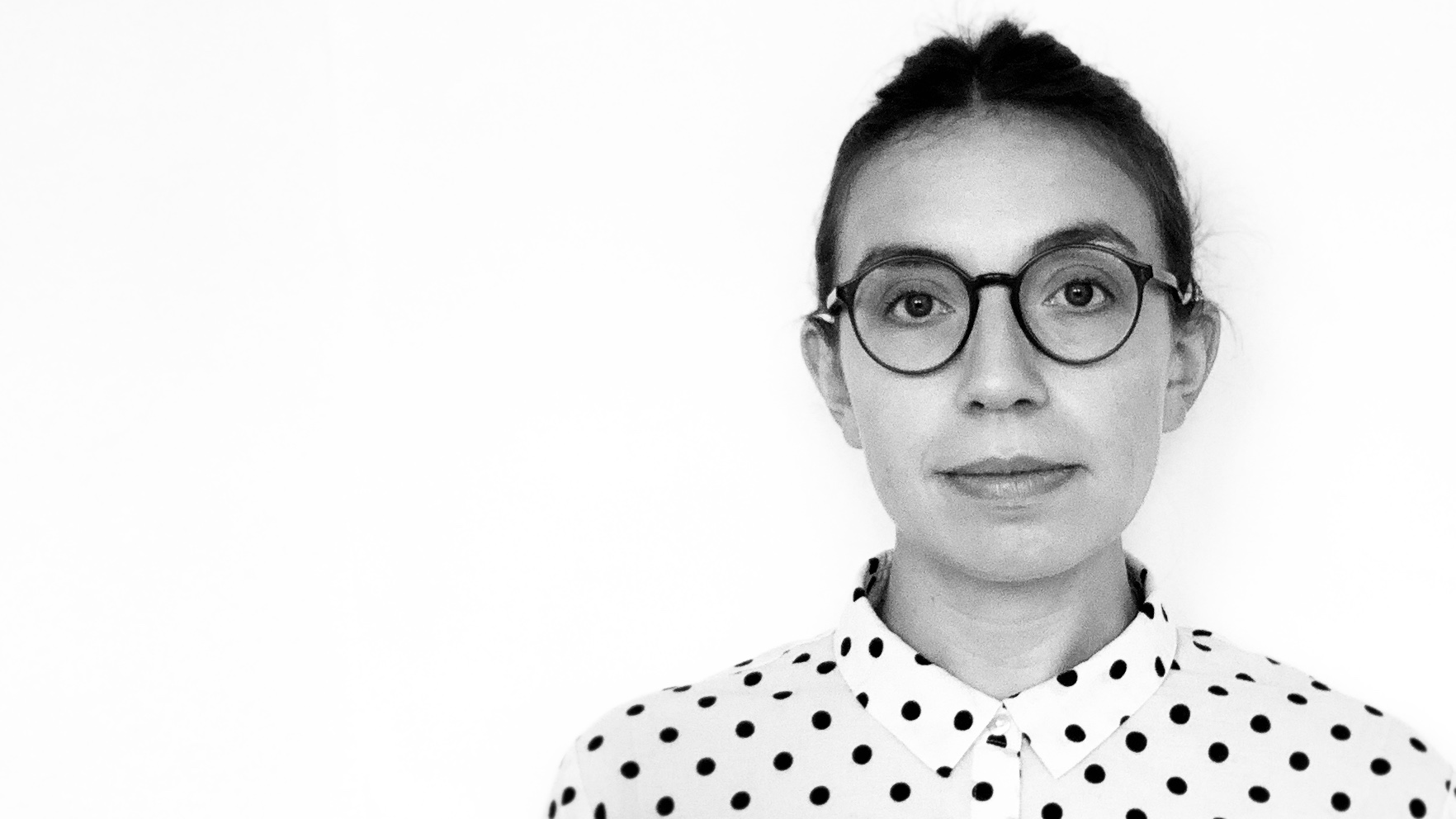While states only reluctantly have started to play a more active role in international lawmaking in cyberspace, in recent years we could observe a growing amount of interest of powerful digital corporations in international lawmaking processes and international law in general. This interest has manifested in practices, strategies, structures, and institutions they have developed and advanced. These practises have not remained unnoticed, and appear to influence the way in which digital corporations address and are addressed by states and intergovernmental organisations. These developments have provoked journalists and academics to compare these actors to “states”, and to frame them as “new governors”, “new sovereigns”, “semi-states” or “net states”. This paper seeks to show that speedy analogies lack explanatory potential. It will explain why analogising with the concept of the state, is a more complex and demanding task than some of these authors suggest. After proposing a change in perspective, the paper explores how the concept state can be mobilised in a more productive way. It will show that by looking at the concept of a state as “statification” (étatisation), a concept introduced by Michel Foucault in his lecture series at the Collège de France in 1978- 1979, we have a better chance to discover “relevant similarities” between states and powerful digital corporations, which are practises of self-statification. Further the paper will demonstrate that through this exercise two entangled, yet conflicting trends become visible. The first trend is the reaffirmation of established international law and through performative practises of digital corporations. The second trend brings about challenges to international law through perforating practises of digital corporations. Ultimately, the paper will bring to light the necessity to take a closer look at the interrelations between different actors in international law and more precisely at the practises through which these relationships (and these actors themselves) are constructed and reconstructed. The paper indents to contribute to the ongoing debate about what tools and perspectives may proof to be productive when thinking about ways to understand and reconstruct the international institutional order.


